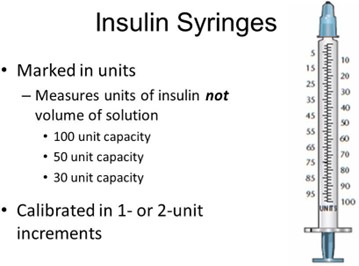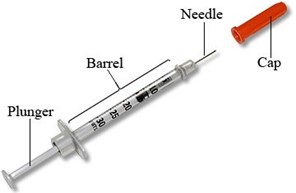A 46-year-old female patient presents to the emergency department with acute adrenal insufficiency and the following vital signs: P 118 beats/min, R 18 breaths/min, BP 83/44 mm Hg. pulse oximetry 98%. and T 98.8 F oral.
Which nursing intervention is the highest priority for this patient?
Administering furosemide (Lasix)
Replacing potassium losses
Providing isotonic fluids
Restricting sodium.
The Correct Answer is C
The patient's vital signs suggest that she is experiencing hypotension, tachycardia, and possibly dehydration due to acute adrenal insufficiency. The highest priority nursing intervention for this patient is to provide isotonic fluids to restore intravascular volume and blood pressure. This will also help to correct any electrolyte imbalances that may be present. Administering furosemide (Lasix) or replacing potassium losses may be necessary interventions, but they are not the highest priority at this time. Restricting sodium would be contraindicated in this situation as the patient is hypotensive and needs fluids to increase intravascular volume.

Nursing Test Bank
Naxlex Comprehensive Predictor Exams
Related Questions
Correct Answer is C
Explanation
Lipase is an enzyme that is produced by the pancreas and is involved in the digestion of fats. In acute pancreatitis, the pancreas becomes inflamed, and lipase levels in the blood can become significantly elevated. Monitoring lipase levels can help healthcare providers to assess the severity of pancreatitis, track the effectiveness of treatment, and determine when it is safe to start a patient on a normal diet.

Correct Answer is C
Explanation
An insulin syringe is measured in units (U). The concentration of insulin is usually expressed in units per milliliter (U/mL), and the volume of the syringe is also measured in milliliters (mL), but the actual dosing of insulin is in units. It is important to use the correct syringe size and to measure the correct number of units to ensure accurate dosing of insulin.


Whether you are a student looking to ace your exams or a practicing nurse seeking to enhance your expertise , our nursing education contents will empower you with the confidence and competence to make a difference in the lives of patients and become a respected leader in the healthcare field.
Visit Naxlex, invest in your future and unlock endless possibilities with our unparalleled nursing education contents today
Report Wrong Answer on the Current Question
Do you disagree with the answer? If yes, what is your expected answer? Explain.
Kindly be descriptive with the issue you are facing.
